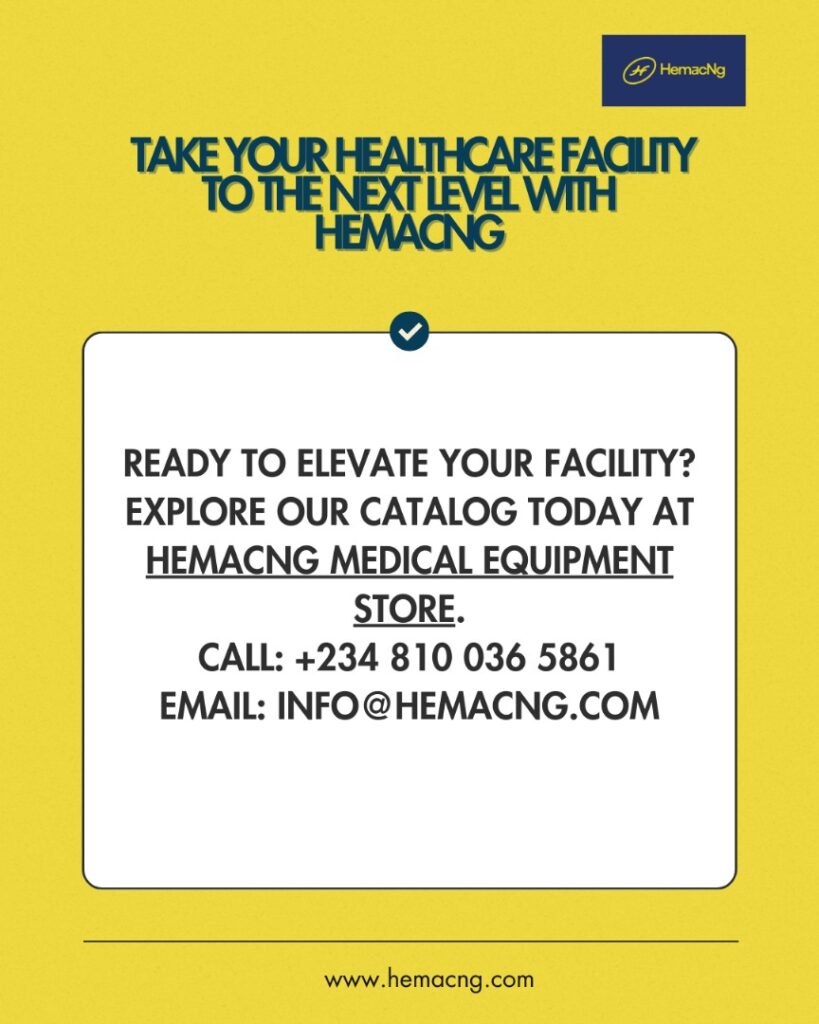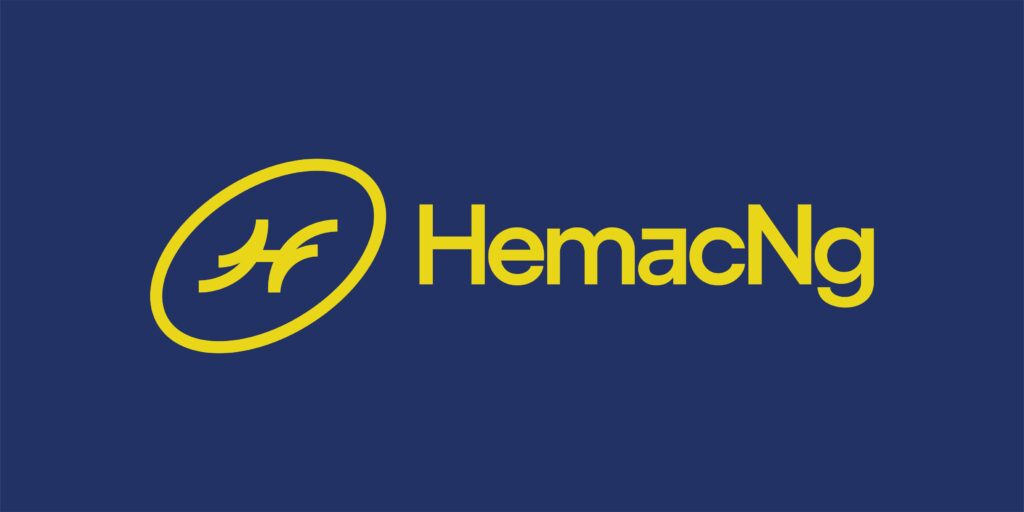Uncategorized
What Are the Essential Medical Supplies Needed to Start a Clinic in Nigeria?
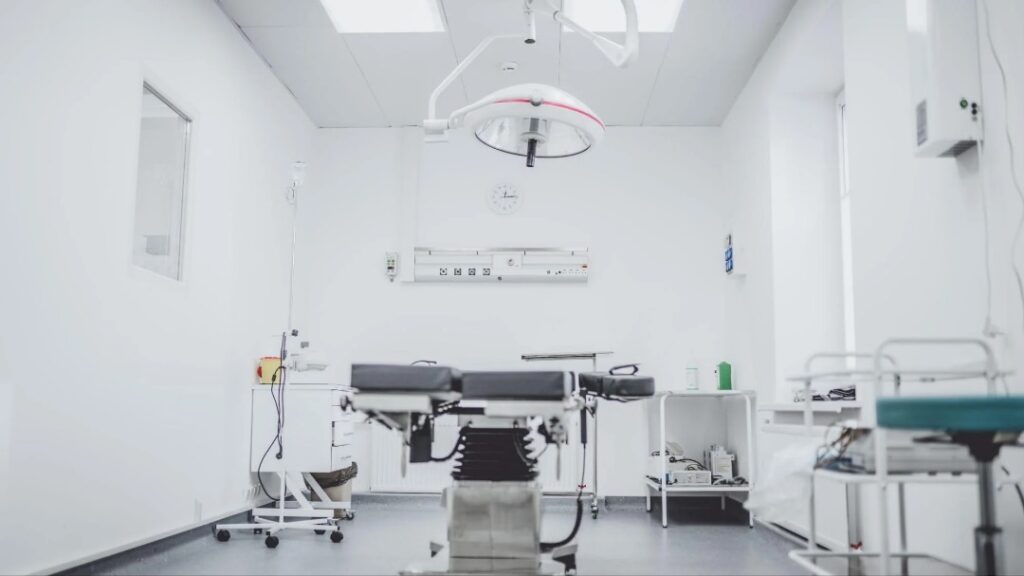
Introduction
Starting a clinic in Nigeria is both a noble and strategic investment, especially with the growing demand for accessible healthcare services. Whether you’re a doctor, healthcare investor, or entrepreneur, understanding the essential medical supplies to start a clinic in Nigeria is the first step towards creating a safe, efficient, and patient-centred facility. In this guide, we’ll break down the essential medical supplies to start a clinic in Nigeria, why they matter, and how you can source them affordably and sustainably.
If you’ve ever wondered how to build a clinic from the ground up, especially in a healthcare system as dynamic as Nigeria’s, this guide is your roadmap. From understanding the market to avoiding procurement mistakes, we’ll walk you through everything while highlighting the essential medical supplies to start a clinic in Nigeria.
Understanding the Healthcare Landscape in Nigeria
Nigeria’s healthcare sector has seen significant developments over the last decade. However, access to primary healthcare remains limited, especially in rural and underserved areas. Clinics play a vital role in bridging this gap by offering accessible medical care to communities. But starting a clinic isn’t just about opening the doors—it’s about being fully equipped to meet patients’ needs from day one.
Why Choosing the Right Medical Supplies is Crucial
The medical supplies you choose directly affect your clinic’s efficiency, safety, and reputation. Outdated or substandard equipment can compromise patient care and even result in legal issues. Hence, selecting high-quality, durable, and appropriate medical supplies is non-negotiable.
Think of your clinic as a car—without the right parts, it won’t run. Having the right supplies ensures a smoother workflow, reduces operational errors, and builds patient trust.
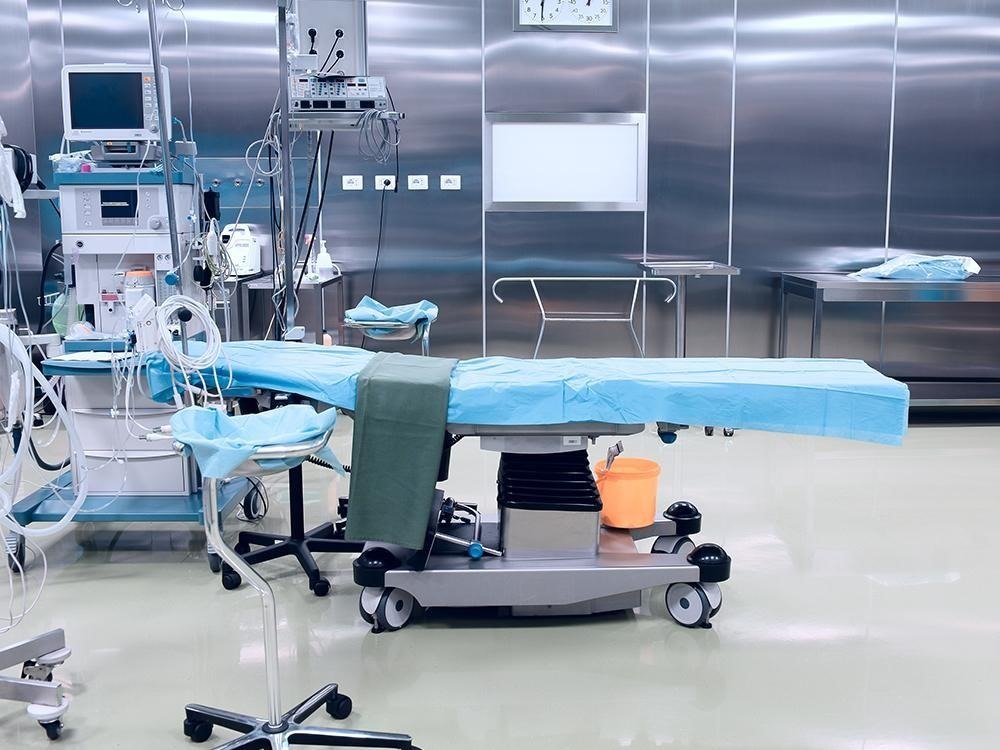
Categories of Essential Medical Supplies
To simplify your procurement process, here are key categories of essential medical supplies to start a clinic in Nigeria:
- Diagnostic Equipment: Blood pressure monitors, thermometers, stethoscopes, and otoscopes.
- Emergency Supplies: defibrillators, oxygen cylinders, and stretchers.
- Sterilization Tools: Autoclaves, disinfectants, sterilization trays.
- Examination Room Supplies: Examination beds, gloves, gowns, and aprons.
- Laboratory Equipment: Microscopes, centrifuges, test tubes, and reagent kits.
- Surgical Instruments: Forceps, scissors, sutures, scalpels.
- Pharmaceuticals: Basic drugs like antibiotics, painkillers, and antiseptics.
- Office Equipment: Patient record systems, computers, printers, and reception furniture.
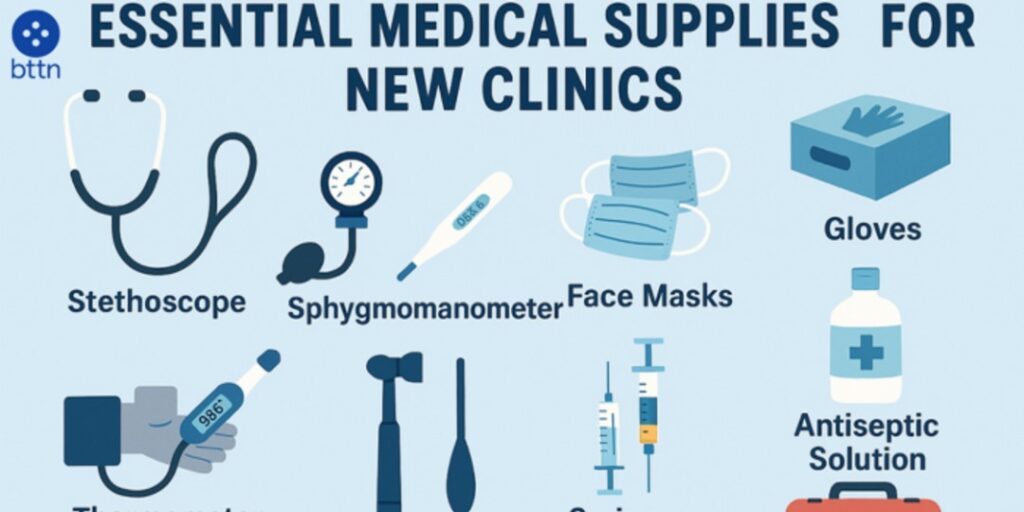
Complete Checklist: Essential Medical Supplies to Start a Clinic in Nigeria
To make this even easier, we’ve created a full checklist you can refer to:
- Digital Blood Pressure Monitors
- Clinical Thermometers (Infrared and Mercury)
- Weighing Scale and Height Measurement Tools
- Examination Table
- Disposable Gloves and Surgical Masks
- Wound Care Kits (bandages, plasters, antiseptics)
- IV Stands and Fluids
- Sterilizer or Autoclave Machine
- Syringes and Needles
- Urine and Blood Collection Containers
- Glucometer and Test Strips
- Diagnostic Test Kits (HIV, Malaria, Pregnancy, etc.)
- Oxygen Concentrators or Cylinders
- ECG Machines (optional but recommended)
You can explore HEMACNG’s product collection for more tailored medical supply bundles specific to clinic needs.
Where to Source Quality and Affordable Medical Supplies
Nigeria has a growing number of reputable medical suppliers, including e-commerce platforms like HEMACNG, which offer verified, high-quality supplies at competitive prices. Also, consider international options on platforms like MedWOW or Alibaba Health for bulk purchases.
However, always check for import regulations and ensure vendors comply with Nigeria’s standards through NAFDAC or SON certification.
Compliance and Regulatory Guidelines for Clinics in Nigeria
Running a clinic means complying with specific healthcare laws. You’ll need:
- A license from the Medical and Dental Council of Nigeria (MDCN)
- NAFDAC certification for pharmaceutical storage
- Local government health approval
- Waste disposal compliance under NESREA guidelines
These ensure the safety and legality of your operations. Learn more about compliance via MDCN’s official site.
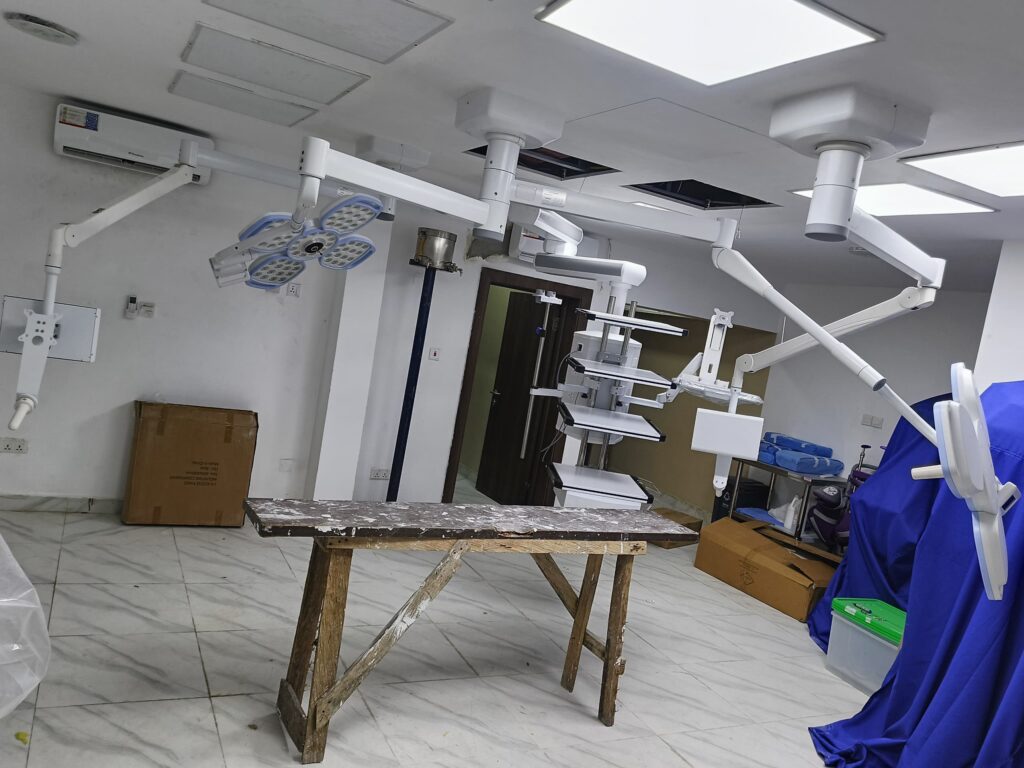
Common Mistakes to Avoid When Procuring Clinic Equipment
Many new clinic owners fall into traps like:
- Prioritizing aesthetics over functionality
- Ignoring product warranties
- Over-purchasing non-essentials
- Failing to train staff on new equipment
Avoid these by creating a realistic budget, researching thoroughly, and consulting professionals.
Expert Tips to Maintain & Manage Medical Supplies
Once you’ve purchased your equipment, the journey doesn’t end there. To ensure longevity and efficiency:
- Conduct routine maintenance and calibration
- Keep detailed inventory logs
- Train staff on proper handling and storage
- Set aside funds for replacements and upgrades
Using clinic management software can help automate this process.
Conclusion
Starting a clinic in Nigeria requires careful planning, especially when it comes to equipment. By focusing on the essential medical supplies to start a clinic in Nigeria, you’ll be setting a solid foundation for quality care and long-term success.
At HEMACNG, we’re committed to making your journey easier by offering top-tier medical supplies and expert guidance. Need help getting started? Visit our website to explore packages designed specifically for new clinics.
